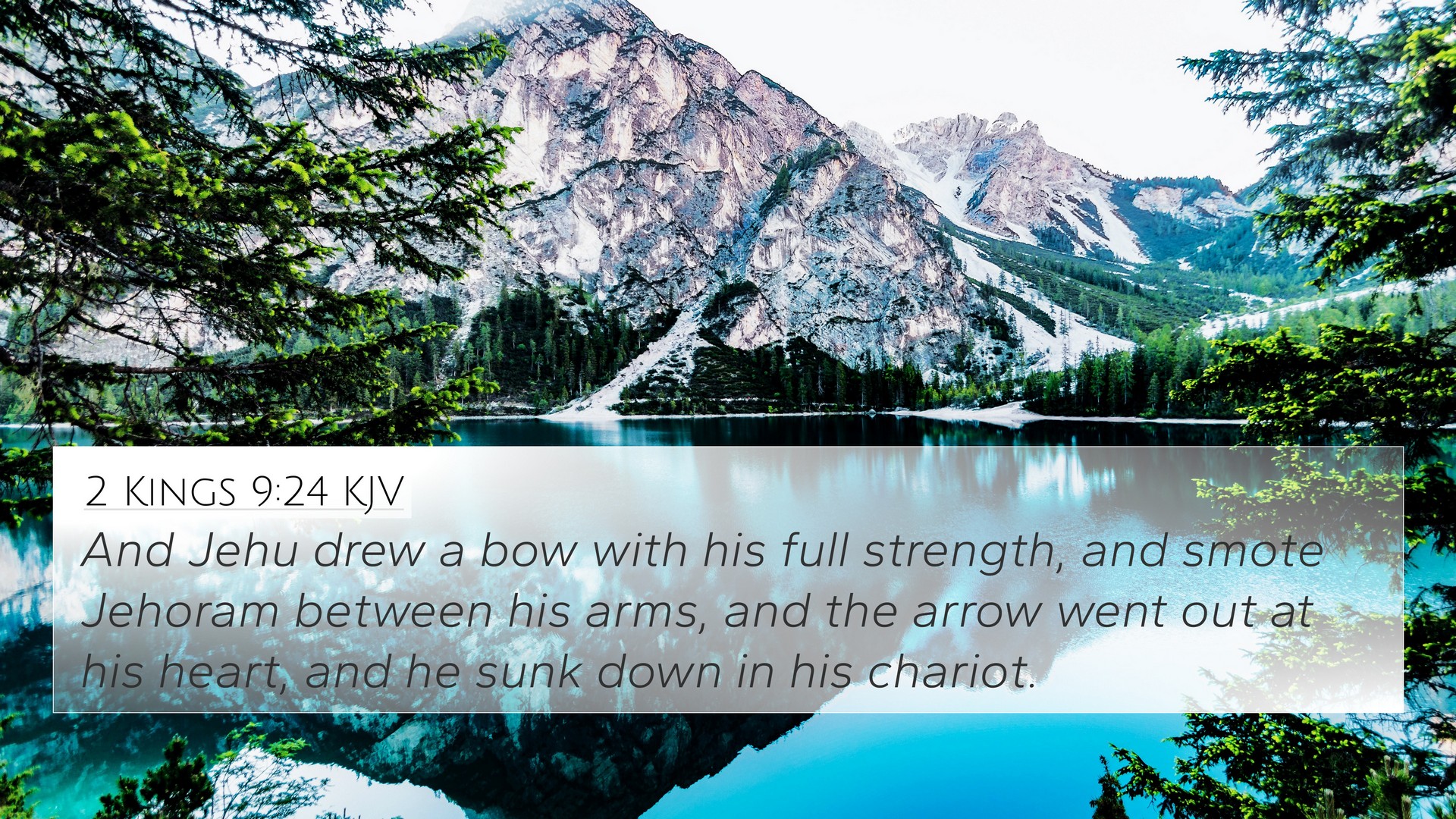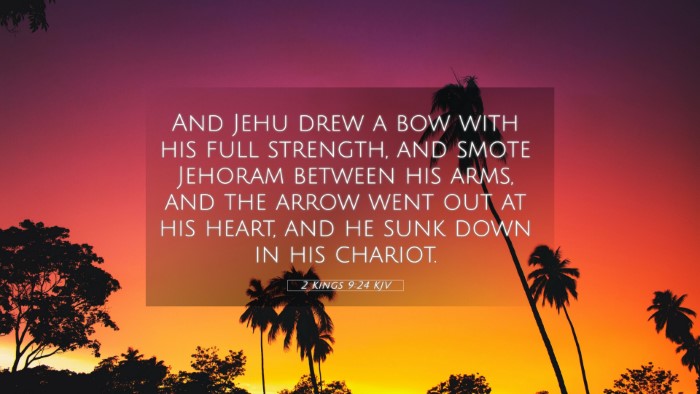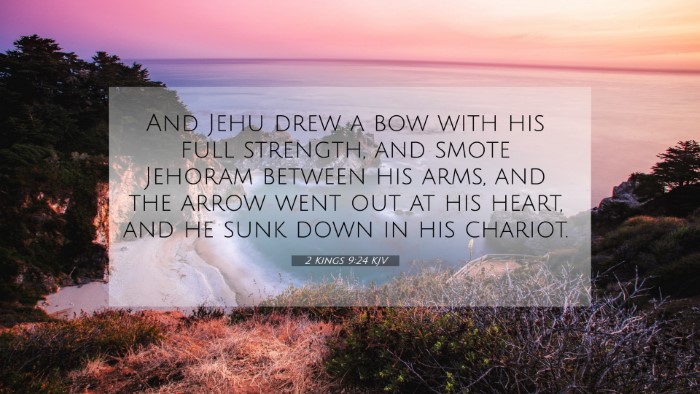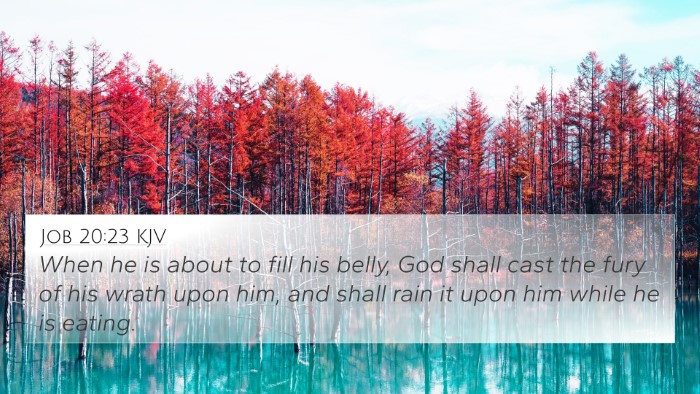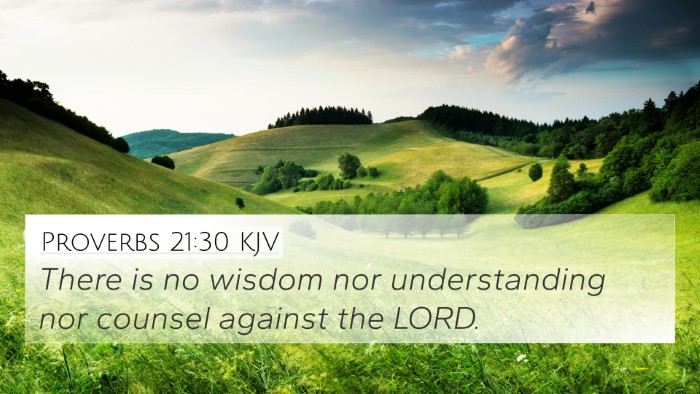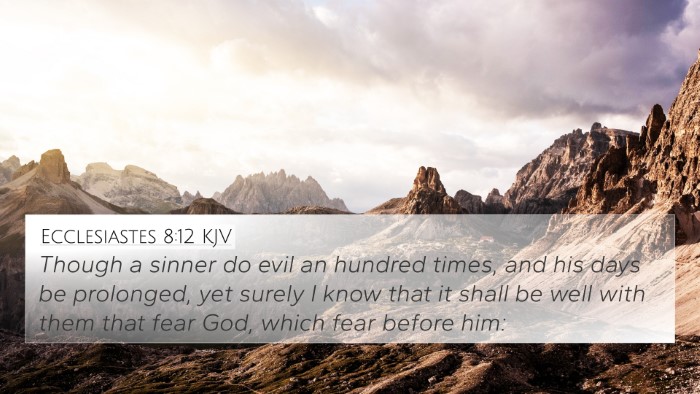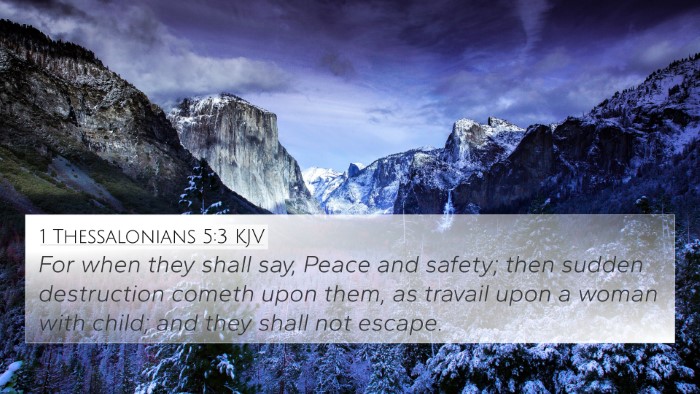Understanding 2 Kings 9:24
2 Kings 9:24 states:
"And Jehu drew a bow with all his might, and shot Jehoram between his arms, and the arrow went out at his heart, and he sunk down in his chariot."
Summary of 2 Kings 9:24
This verse highlights a pivotal moment in the historical narrative of Israel, marking a significant turning point in the leadership of the nation through the actions of Jehu. It depicts the culmination of God's judgment against the house of Ahab for their idolatry and wickedness.
Commentary Insights
Matthew Henry's Commentary
Henry emphasizes the prophetic nature of this act of Jehu. The shooting of Jehoram signifies the fulfillment of God’s word against the wicked lineage of Ahab. Jehu, anointed by the prophet Elisha, acts decisively, demonstrating that God’s judgment is both immediate and thorough. The use of the bow symbolizes the precision and power of divine retribution.
Albert Barnes' Commentary
Barnes notes that Jehu's action was not merely military but laden with spiritual significance. The act of shooting Jehoram, who represents the culmination of Ahab's imperfections, showcases God’s sovereignty over Israel's rulers. The arrow's trajectory conveys a sense of divine purpose, rejecting the previous corrupt line of leadership, thus realigning the nation towards God’s covenant.
Adam Clarke's Commentary
Clarke discusses the significance of the arrow as both a literal weapon and a symbol of judgment. He draws attention to the protective role of God over His chosen instruments — here, Jehu is a tool in executing divine justice. The demise of Jehoram is portrayed as inevitable, crafted by God’s will which is carried out through Jehu’s action, reflecting a broader theme of divine accountability in leadership.
Cross References
- 1 Kings 19:16: God commands the anointing of Jehu, prefiguring his rise and role.
- 2 Kings 10:10: Jehu’s actions fulfill the prophecy regarding Ahab’s line.
- 2 Kings 9:7: God’s command to destroy the house of Ahab specifically.
- 1 Kings 21:21-22: God's judgment declared against Ahab for his idolatry.
- Jeremiah 22:18-19: References to the fate of evil kings in Israel.
- Ezekiel 18:30: Calls for repentance from the house of Israel and judgment upon the wicked.
- Hebrews 11:32-34: References Jehu among the faithful acts of Old Testament figures.
Thematic Connections
This verse connects to broader themes within Scripture, emphasizing God’s sovereignty and the consequences of idolatry. It serves as a reminder of God's continual involvement in human affairs, particularly regarding leaders and their faithfulness to Him.
Why Cross-Referencing is Essential
Cross-referencing Bible verses allows believers to see the interconnectedness of scripture, deepening their understanding of theological themes and divine characteristics. Here are some reasons why cross-referencing is vital:
- Contextual Understanding: Gaining insight into the context of similar events or teachings enhances comprehension.
- Thematic Exploration: Identifying recurring themes across the Bible can illustrate God's unchanging nature.
- Historical Insight: Connected verses often reveal historical patterns in God’s interactions with humanity.
- Devotional Reflection: Links between verses can provide personal applications to modern faith.
Tools for Cross-Referencing
Utilizing tools such as a Bible concordance or a Bible cross-reference guide can enhance one’s ability to discover links between disparate scriptures. Approaching study with a plan for cross-referencing underscores the importance of understanding how the Old and New Testament dialogue with one another.
Conclusion
2 Kings 9:24 encapsulates the theme of divine judgment while highlighting the significance of Jehu’s obedience to God’s command. This verse, through its connections with other scriptures, reveals the continuity of God’s plan throughout history. We are encouraged to engage deeply with Scripture through cross-referencing, thereby enriching our faith and understanding of theological truths.
